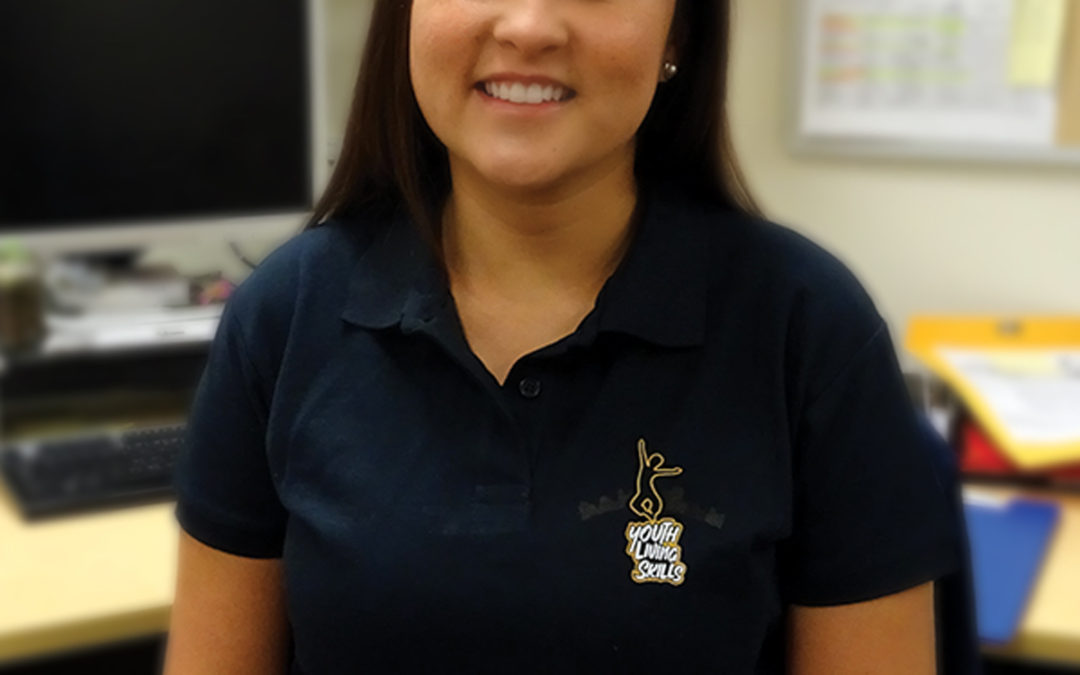What is a speech therapist?
A speech therapist is an allied health professional that helps people with speech and communication disorders or difficulties. The concept of expressive language is how we use words and language, as well as writing and gestures to relay information to other people. Developing competent expressive language skills means that we can formulate words into sentences, utilise grammar properly, describe events and experiences, define and label people, places and objects in our environment, and respond appropriately to questions. Expressive language is a vital component of communication as it enables us to advance language, articulate our needs and ideas, and interact with others in a meaningful and socially appropriate manner.
Does my child have problems with expressive language?
While speech therapists work with people of all ages with communication issues, they frequently work with children, as speech and language deficits can often be observed from a young age. If you notice some of the common signs of expressive language difficulties described below, consult a speech therapist or health professional as soon as possible.
– Inability to design sentences compared to other children of similar age, or sentences are under-developed for their age
– Poor ability to label items
– Poor ability to construct sentences, paragraphs or stories in written form
– Making up words
– Poor comprehension by other people during speech
– Problems with using correct words
– Poor ability to recount an event or story
While it is worth noting that the development of children can vary from child to child, if you observe that your child’s speech and use of language is behind that of his or her peers, see your health professional. As with all conditions, the chance of success is greater with early intervention.
What other issues are expressive language problems related to?
As sufficient communication skills are imperative for a child’s development, shortfalls in expressive language can be accompanied by complications in other areas, such as
– Receptive language skills (apprehension of language)
– Engagement and participation in school
– Completing school work
– Reading and writing
– Organisation skills
– Sensory modulation
– Reasoning and problem-solving (executive functioning)
– Social skills
– Behavioural issues
What does speech therapy do to improve expressive language?
Therapy is generally introduced by gathering information about the client’s history, such as his/her personal and medical background, as well as history about their childhood development, education or work history. The speech therapist will also learn about the particular problems the person has regarding expressing language and evolve a plan for therapy specifically for the person’s needs.
Once a focus of therapy has been established, the speech therapist will engage the client in various activities and exercises, depending on their age and development. For instance, therapy for young children commonly involves play and constantly engaging the child in conversation, encouraging them to describe their actions or ideas. Children also often need to see the mechanism of producing words, by watching the therapist’s mouth. Using books and telling stories (usually of topics of interest for the client) is also an effective way to develop expressive language, as is writing letters. It is also important to promote the client’s vocabulary, which can be done by naming items or actions in everyday tasks.
Therapy with children also often greatly involves the participation of a parent/carer, to shore up what is worked on in therapy. Thus, parents and family members of the client can assist in their progress by constantly inviting the child in conversation, offering them opportunities to make decisions, allowing them to participate in everyday activities (e.g. shopping, outings, play) and asking them to describe their day. The family can also regularly read books or look at pictures with the child, engaging them to recount the story or characterize a picture.

